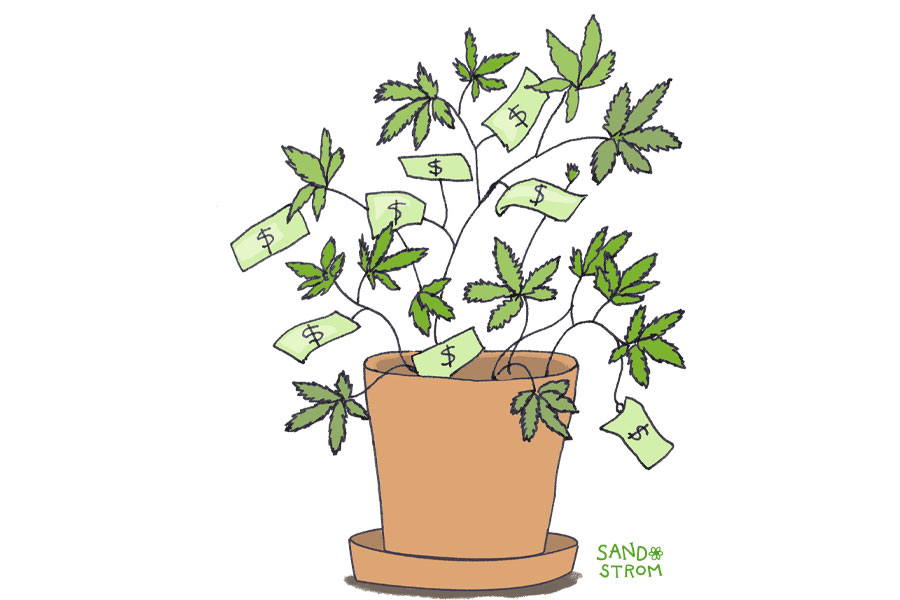
The ITEP Guide to State & Local Taxes
Sales & Excise

How Do States Tax Cannabis?
A growing number of states are legalizing and taxing cannabis. Cannabis taxes are raising revenue for education, health care, and addressing substance abuse while encouraging consumers to moderate their use. But high cannabis taxes also mean that low-income communities previously targeted for enforcement now pay a disproportionate share of tax.

How Do State and Local Excise Taxes Work?
Excise taxes are sales taxes that apply to specific goods (such as gasoline, tobacco, or alcohol) or services (such as hotel and car rentals). Sometimes it’s appropriate to ask consumers of a particular item to pay an especially high tax for various reasons. But even in those circumstances, many excise taxes are highly regressive.

What’s Exempt from State and Local Sales Taxes?
State and local sales taxes are typically conceived as broad-based consumption taxes – that is, taxes on most things consumers buy. In practice, many purchases are exempt from sales taxes.

How Do State and Local Sales Taxes Work?
Sales taxes are the second largest source of revenue for state and local governments. In nearly every state they are an important way we pay for public education, health care, public safety, and other services. But they are also typically the costliest tax for low-income families.
